Encyclopaedia of Distance Education (In 3 Volumes)
Synopsis
Distance Education is now internationally recognised and accepted as an alternative channel for providing broader access to education in a cost-effective manner; wider and diversified curricula and a means for continuing life-long education. Increasingly new categories of clients are seeking better education; the young who for one reason or the other are not able to join a college or university; adults who want to acquire a diploma or degree; professionals who want to keep pace with technological change; persons required to discharge responsibilities for which their formal education does not equip them; those who do not want to get uprooted from their environment and do not want a disruption from their responsibilities at home and/or in their offices; and those who look for education at their door step. Many of these categories may not fit in with the normal admission criteria and find that their aspirations may not be fulfilled through the conventional system of education. This is also a time of convergence between the worldwide need to extend and develop educational opportunities and the development of new communication technologies viz. sophisticated printing methods, audio based technology, video technologies; computer based technologies; and satellite communication, making it possible for learners to get access to the world's knowledge from the remotest and most inaccessible areas. Distance education originated in different forms and at different times to meet the needs of different countries. The idea of Correspondence Education is said to have originated in the 19 century when institutions were established in some European countries to undertake coaching of external students reading for a degree or otherwise. With the founding of the International Council of Correspondence Education (ICCE) in 1938, the idea caught the attention of educationists throughout the world. In the literature 'distance education' is often linked with concepts of 'open learning'. The impulse for this came from the establishment of the British Open University. Its phenomenal success prepared the ground for the rapid acceptance of this particular designation and we can see that these two terms have fused with one another. In spite of this, express reference will be made here to openness as this concept has now assumed new importance: 'Put simply, educational institutions are being required to 'open' their structures and practices to the needs of (....) new students, their employers and governments in ways that are shaking the traditions of these institutions' (Evans and Nations, 1996:3). How can this openness be achieved? Firstly, by extending access to universities to all who are able to study by removing traditional educational barriers? Secondly, by designing learning programmes which are open in the sense that they are not completely developed and determined beforehand in an empirical scientific manner, but are 'open' for unforeseen developments in the build-up of individual ability to act (i.e. open curriculum). Finally, this type of learning does not take place in relatively enclosed institutions that are defined (and often paralyzed) by bureaucratic organization, but is to be opened up by keeping to the practices of everyday life. The world has become incredibly complex and will not permit us to go back to the simplicity of earlier times. In coping with the situation, we have only on choice-that of moving to higher levels of sophistication, of understanding and of sensitivity in our service to society. The practice of distance education will give us the vision and the vitality to move purposefully toward these goals.
Read more
66.60
59.94
$
74.00 $
Free delivery Wolrdwidе in 10-18 days
Ships in 1-2 days from New Delhi
Membership for 1 Year $35.00
Get it now and save 10%
Get it now and save 10%
BECOME A MEMBER
Books by the same authors

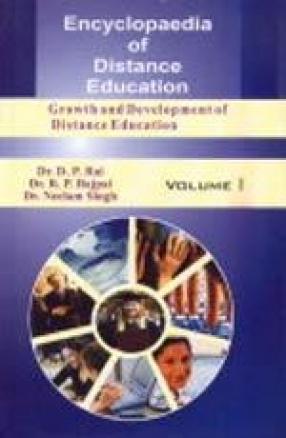
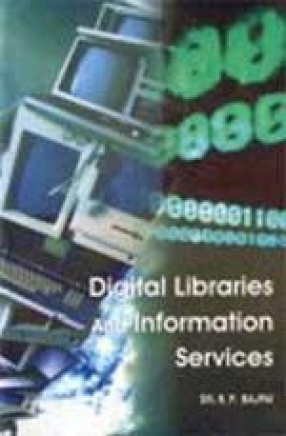
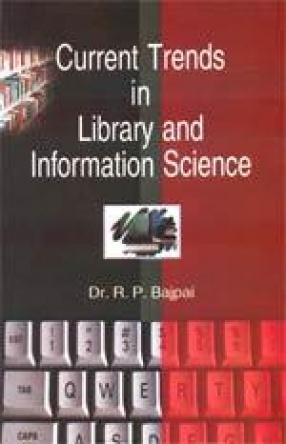


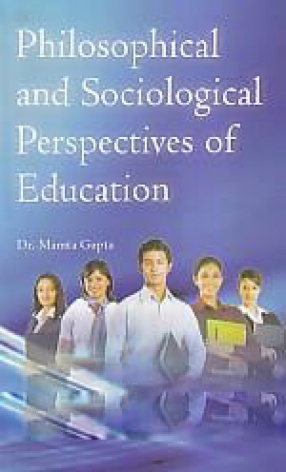
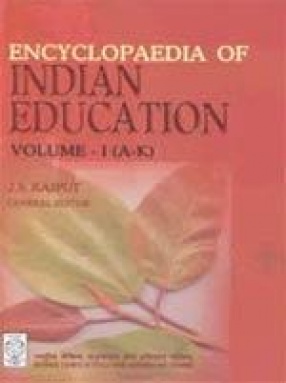

Bibliographic information
R.P. Bajpai